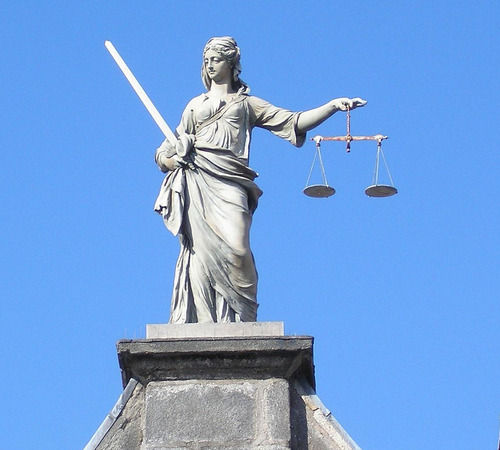PRIVATE INVESTIGATORS IN BC
- Lee Hanlon

- May 20, 2017
- 2 min read
Updated: Oct 17, 2020

Every so often when a person hears that I'm a private investigator, the first question they ask is, "do you do cheating spouses investigations?" The reason I'm always asked this question is two-fold. One, this is how TV private investigators are portrayed; Two, this is the type of investigations that most private investigators do. Private investigators are also known for only doing surveillance for ICBC, etc.
So, when people ask me what I do, and I tell them major crimes, such as Missing Persons, and Unsolved Homicides, eyebrows are raised (think Mr. Spock).
The definition of what licensed Private Investigators are legislated to do by the BC provincial government is found in section 1 (Definitions) of the BC Security Services Act (SSA):
Private Investigator means a person who, for consideration, seeks or obtains information about any of the following:
(a) Crimes, offences, contraventions or misconduct, or allegations of crimes, offences, contraventions or misconduct;
(b) The activities, character or repute of a person or organization;
(c) The whereabouts of a person;
(d) The location, disposition or recovery of lost, stolen or missing property;
(e) The cause of or the responsibility for any fire, accident or incident in which damage
to property or injury to any person has occurred.
Vice Canada reporter Chantelle Bellrichard puts it succinctly: "Private investigators in BC are governed by a statute that gives them many of the same powers police have, including investigating cases without obstruction from the public and executing warrants." (source: https://www.vice.com/en_ca/article/highway-of-tears).
Unfortunately, it isn't just the general public that doesn't understand a lot about what private investigators can do. Law enforcement officers are also not aware of what private investigators are legislated to do. Just maybe, if the law enforcement community had a working knowledge of what private investigators can do, as well as how private investigators (at least in BC) are trained, just maybe, the law enforcement community would call on private investigators to fill in the gap on certain cases.
In the province of BC, to become a licensed private investigator the applicant must first take and pass the provincially mandated "Introduction to Private Investigator" course.
The next step for the applicant to take is to get the Private Investigator Under Supervision licence. Once the applicant is licensed as a Private Investigator Under Supervision, they are required to complete, and record 2000 hours of OJT under the supervision of a fully licensed private investigator (who is responsible for training the PIUS).
On completion of the 2000 hours OJT, the applicant can then become a fully licensed Private Investigator.




